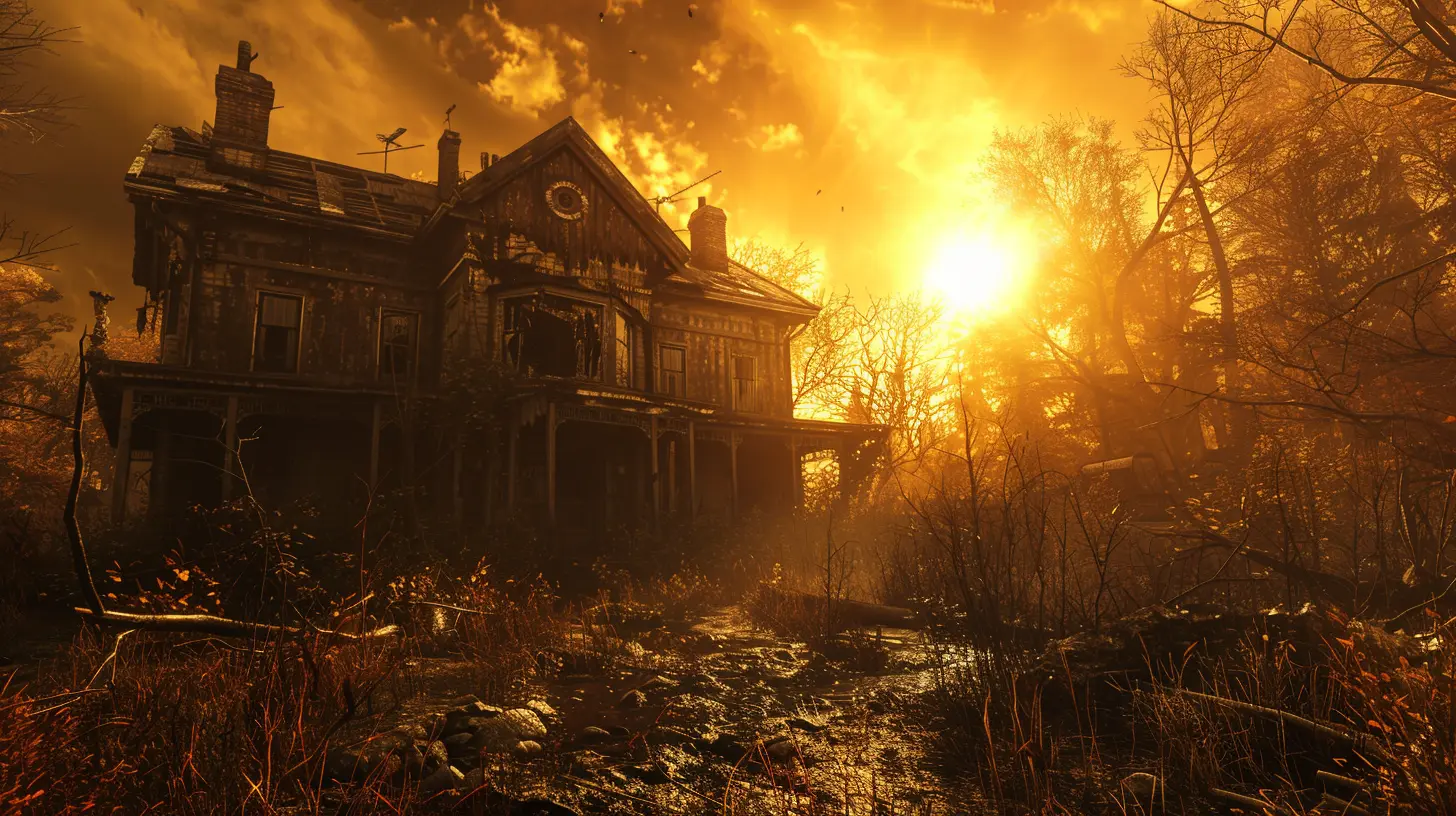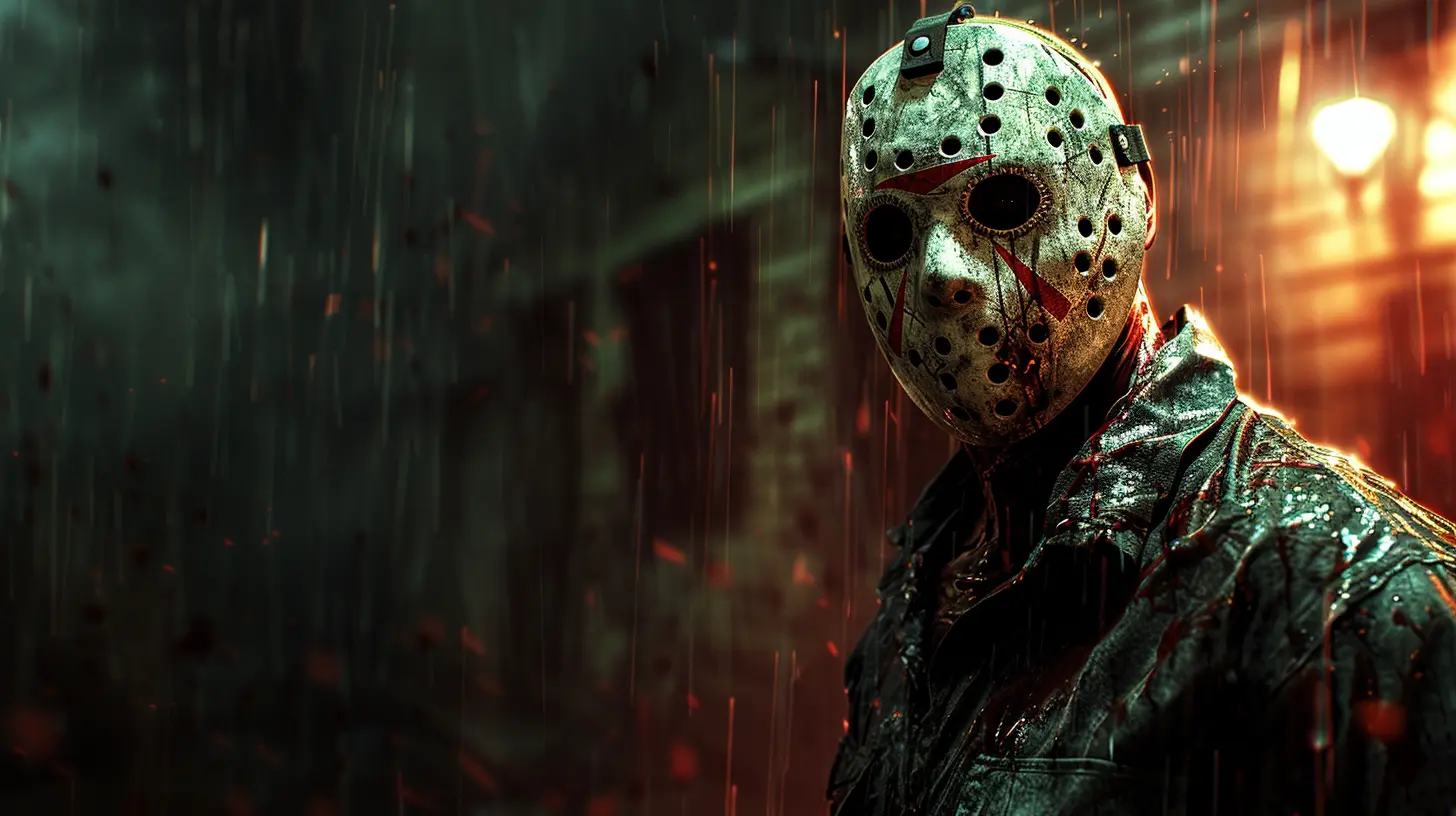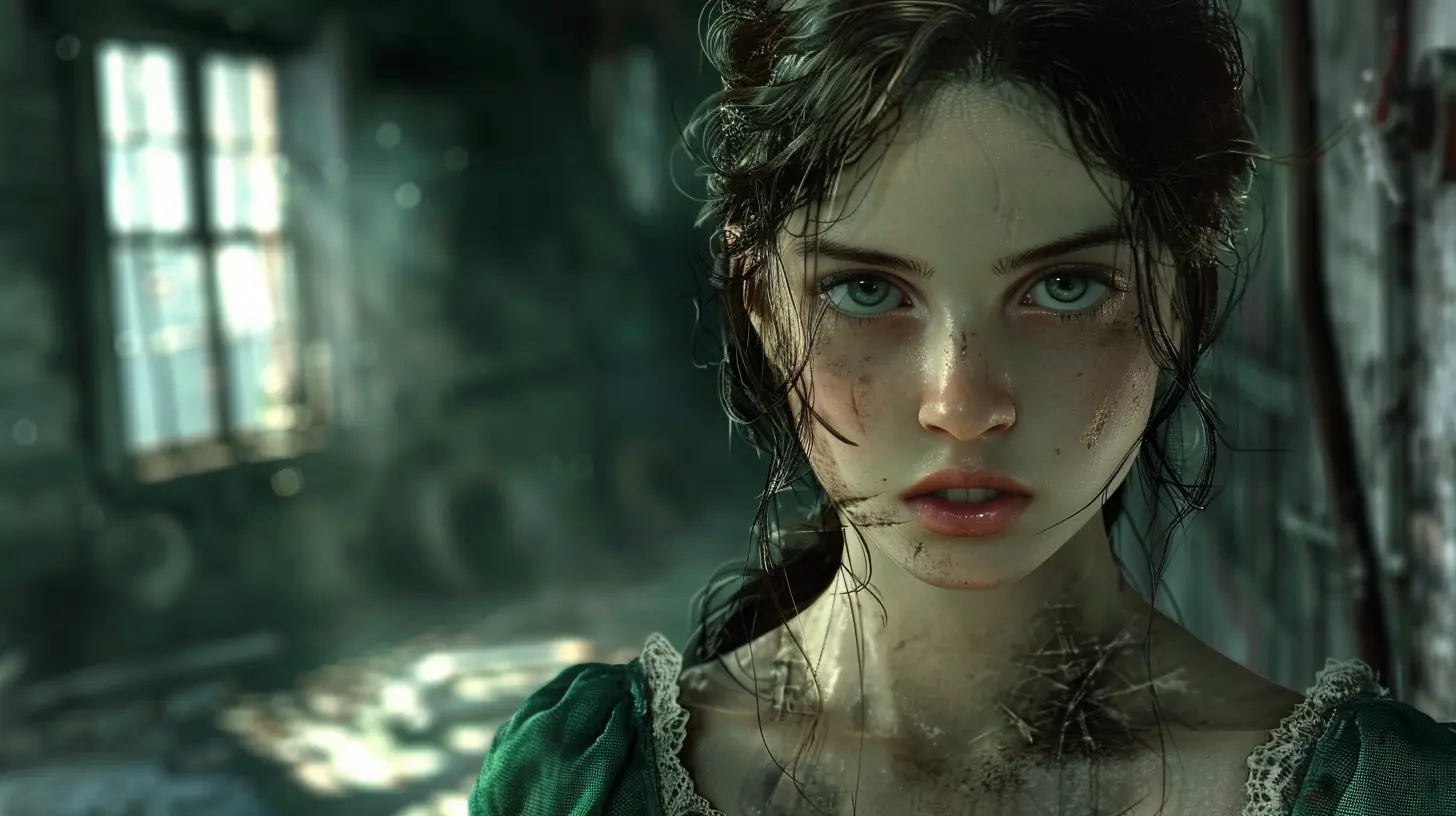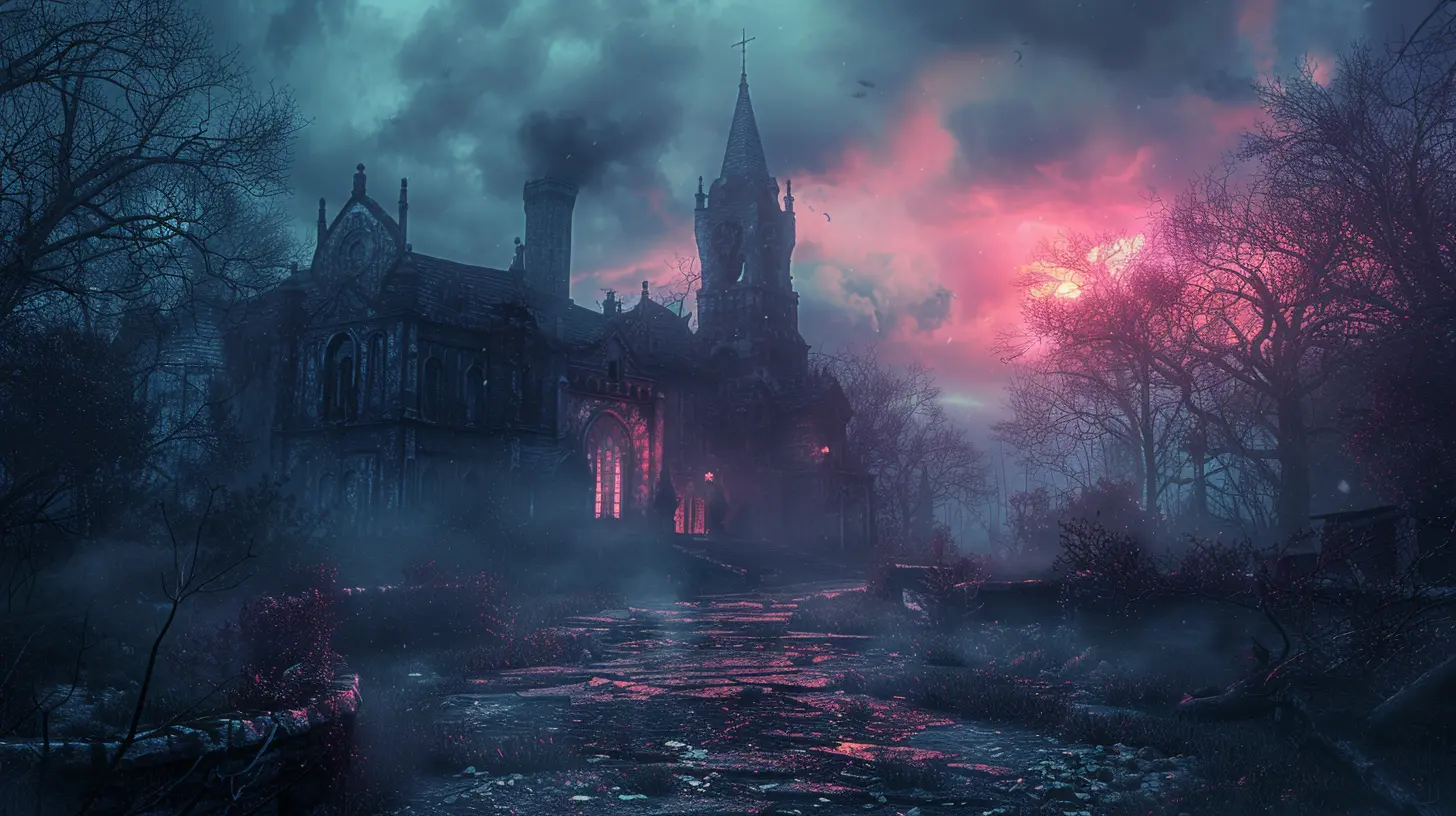6 March 2025
When was the last time a video game made you question your morals? Horror games have a unique knack for getting under your skin—not just with spine-chilling atmosphere or jump scares—but by forcing you to make difficult choices that linger with you well after the credits roll. These games aren’t just about surviving grotesque monsters or unraveling dark mysteries; they explore the gray areas of morality and ethics, making every decision a haunting test of character.
But why do horror games lean so heavily on morality, and how does this shape the gamer’s experience? Let’s dive deep into the twisted crossroads of morality, ethics, and decision-making in horror games. Buckle up—it’s going to be a thought-provoking ride!
Why Morality Matters in Horror Games
Let’s face it: morality isn’t the first thing you’d expect to talk about in a genre designed to terrify you. But think of morality as the secret sauce that adds depth to the chilling experience. Sure, a classic zombie apocalypse game is fun, but what makes it unforgettable is when you’re faced with decisions like, “Do I risk my own life to save a stranger, or prioritize my survival at all costs?”Horror games often dig into the murky waters of human nature. They nudge you to explore the limits of compassion, trust, and even guilt. Morality creates stakes—and not the wooden vampire-slaying kind. It makes your choices feel personal, and as a result, the horror feels more real. 
Ethics vs. Morality: Wait, Isn’t That the Same Thing?
Before diving deeper, let’s clear the air: morality and ethics aren’t the same. Think of them as sisters rather than twins. Morality is your personal compass—what you believe is right or wrong. Ethics, on the other hand, are societal or group standards about what’s considered acceptable behavior.Horror games play with both. They question your morality with personalized dilemmas and also challenge societal ethics by placing you in situations that clash with cultural norms. They love to blur these lines, leaving players stuck in those “What would I really do in this situation?” moments.
Take the game The Last of Us Part II, for example. It flips the script by forcing players to empathize with someone their moral compass initially despised. Suddenly, you’re walking in their shoes, grappling with the ethical consequences of vengeance. Are you really the hero, or has your morality led you astray? You tell me. 
Choice and Consequence: The Backbone of Horror Game Decisions
Have you ever made a choice in a game and immediately thought, “Oh no, I’ve made a terrible mistake”? Horror games live for these moments. They make you question everything by attaching weighty consequences to even the smallest decisions.Take Until Dawn, a brilliant survival horror that thrives on the butterfly effect. Every action—even something as seemingly insignificant as deciding whether to explore a noise—has repercussions. Save one character, and another might die. Tell a lie, and it might come back to haunt you. These outcomes aren’t always predictable, and that’s the beauty of it. The game uses morality to heighten the stakes. It’s not just about surviving—it’s about deciding who deserves to survive, and why.
And the kicker? There’s rarely a “right” answer in horror games. No matter what you choose, there’s always an uncomfortable feeling that you could’ve done better—or worse. 
Guilt as a Gameplay Mechanic
If morality shapes the decisions, then guilt is the emotional aftermath. Horror games excel at making you second-guess yourself. Did you choose to save a friend over a stranger? Sure, it seemed logical at the time—but what about the person you left behind?One game that nails this is Silent Hill 2, a psychological horror masterpiece. The game subtly tracks your behavior throughout. Did you spend time checking on your health, or did you recklessly charge into danger? Did you obsessively look at a photo of your dead wife? These actions affect the ending, but what’s genius is how the game makes guilt feel real.
Even more recent games like Telltale's The Walking Dead thrive on guilt-tripping players. Remember that time you had to decide whether to save Carley or Doug? Yeah, me too—and it still stings. Horror games are great at making sure you carry the weight of your decisions, even if they don’t outright punish you for them.
Moral Ambiguity: When No Choice Feels "Good"
What makes horror games special is their tendency to dive headfirst into moral ambiguity. Unlike mainstream games that often reward “good” behavior and punish the “bad,” horror titles prefer to hang out in the messy, gray area where nothing is black or white.Ever play Spec Ops: The Line? While not a traditional horror game, it nails the concept of moral ambiguity. After one decision, you find yourself questioning whether your actions were justifiable—or if you were the monster all along. Horror games excel at this. They make sure there’s no easy way out, forcing you to wrestle with dilemmas that have no perfect solution.
Take Amnesia: Rebirth as another example. The game doesn’t just scare you with monsters; it slowly breaks your resolve, presenting moral decisions that question your humanity. Would you sacrifice your own child to save others? These aren’t just “pick one or the other” choices—they make you think, What kind of person am I?
Ethical Experiments in Player Freedom
Horror games also act as fascinating ethical experiments. Developers often give players a ton of freedom—like in Detroit: Become Human—to see what decisions they’ll make and why. Interestingly, even when given moral high ground, many players choose paths they wouldn’t in real life. Why? Because the anonymity of being behind a controller means you can experiment with ethical boundaries without real-world consequences.But that freedom comes at a cost. Games like Man of Medan remind you that your so-called “ethical experiment” can lead to devastating consequences. Accidentally mistrusted a crewmate? Oops, now they’re dead. Suddenly, you’re left wondering if your actions reflect who you truly are—or just who you want to be in a virtual world.
Why We Keep Coming Back for More
So, why do we willingly subject ourselves to the soul-crushing guilt, the moral dilemmas, and ethical quandaries in horror games? Because they’re compelling. Human beings are naturally drawn to stories that reflect the complexity of real life, and horror games are like distorted mirrors.We love being tested. We love stepping into shoes we wouldn’t dare wear in reality. And most importantly? We love the conversations these games spark. It’s the kind of storytelling that sticks with you, not because you defeated some overpowered boss, but because you wrestled with questions that made you look inward.
What The Future Holds
As technology advances, horror games are becoming even better at pushing the boundaries of morality and ethics. Imagine games with AI-driven narratives that adapt to your personal values in real-time. Developers are already experimenting with this kind of storytelling, and the possibilities are endless.But one thing’s for sure—our love for moral dilemmas in horror games isn’t going anywhere. These games will continue to challenge us, force us to think, and most importantly, make us feel. And at the end of the day, isn’t that what great storytelling is all about?
Conclusion: What Would You Do?
Horror games have a way of exposing the side of us we’d rather keep hidden. Whether it’s a split-second choice to save someone or an agonizing moral dilemma that requires deep reflection, these games make us confront our own humanity. They’re not just scary—they’re meaningful.The next time you pick up a horror game, take a moment to really think about your decisions. Are you playing the hero? The antihero? Or something else entirely? Because in the world of horror games, morality is the real monster lurking in the shadows.







Logan McGuffey
Morality profoundly influences player choices, enhancing immersion and emotional impact in horror games.
March 27, 2025 at 4:29 AM